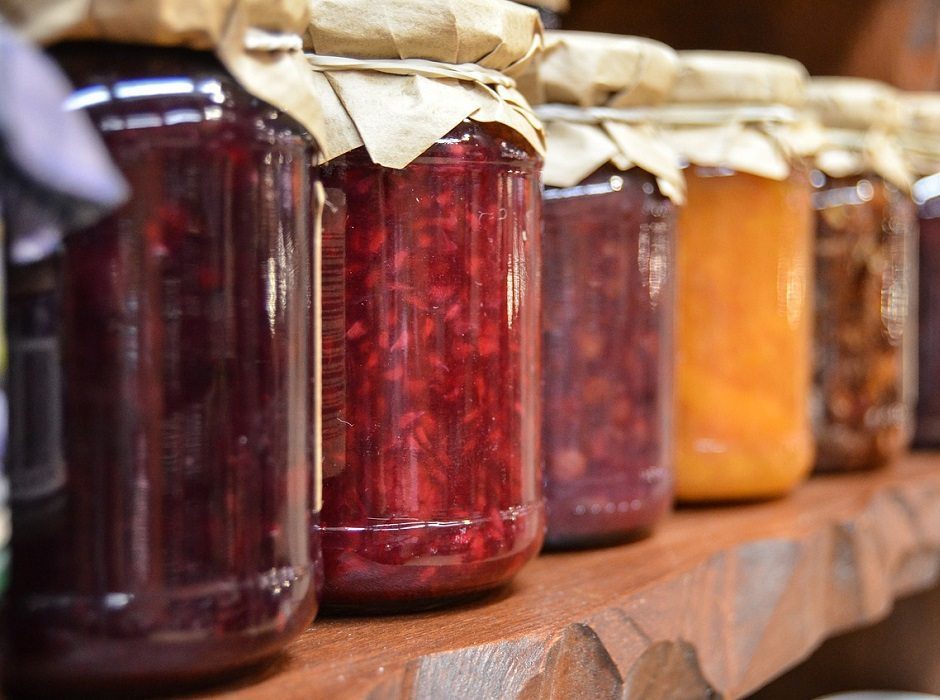[dropcap style=”font-size:100px; color:#992211;”]W[/dropcap]hy is there beetroot in my strawberry yoghurt?
Why is there oak extract in my custard slice? The answer lies in the food industry’s ever-sophisticated reaction to consumer demands. In the above cases, for natural alternatives to synthetic additives which we, the buyers, have come to believe is all-healthy.
Answers: Beetroot juice acts as a colouring agent. Oak oil is a cheaper analogue for vanilla.
After decades of debate there remains no generally accepted definition of a “natural” food product. Regulatory agencies have refused to settle the issue but may be under new pressure from consumer lawsuits, according to a new study in the Journal of Public Policy & Marketing.
“Consumers don’t agree on a definition either, yet clearly believe that ‘natural’ is important,” writes author Ross D. Petty (Babson College). “In 2009, 30% of newly launched foods claimed to be natural but by 2013 this dropped to 22%, possibly due to an increase in the number of consumer lawsuits. Lawyers are increasingly willing to take cases which regulatory agencies have abandoned.”
In 1973, the Federal Trade Commission warned that no other area of national health was as abused by deception as nutrition, but by 1983 the FTC had given up on the issue of defining “natural” products. The FDA required in 1977 that artificial flavors be identified as such, but refused to define “natural.” When federal district courts in 2014 questioned the legality of promoting genetically modified ingredients as natural, the FDA declined to give an opinion. The US Department of Agriculture fared better, requiring that “natural” meats be free of substances such as artificial flavoring. The industry itself sporadically addressed the “natural” problem, with the Council of Better Business Bureaus advising Nutrasweet to cease claiming it was “made from natural ingredients.”
Industry progress in general, however, has been limited. With no regulations to fall back on, consumers have begun resorting to legal action, petitioning the FDA in 2001 to act against “natural” food products that hid genetically modified ingredients. Next came the “Sugar Wars,” with the Sugar Association and Equal suing Splenda for claiming it was natural. Splenda resisted, and as of April 2014, no natural community class action lawsuit has actually gone to trial.
“Though natural food lawsuits to date have disappointed, they encourage marketers to drop the claim of being natural or reformulate their products to avoid future lawsuits. Perhaps this will persuade the FDA or FTC to consider creating, finally, a definition for the meaning of natural,” concludes the author.
Source: American Marketing Association

Some of the news that we find inspiring, diverting, wrong or so very right.



















